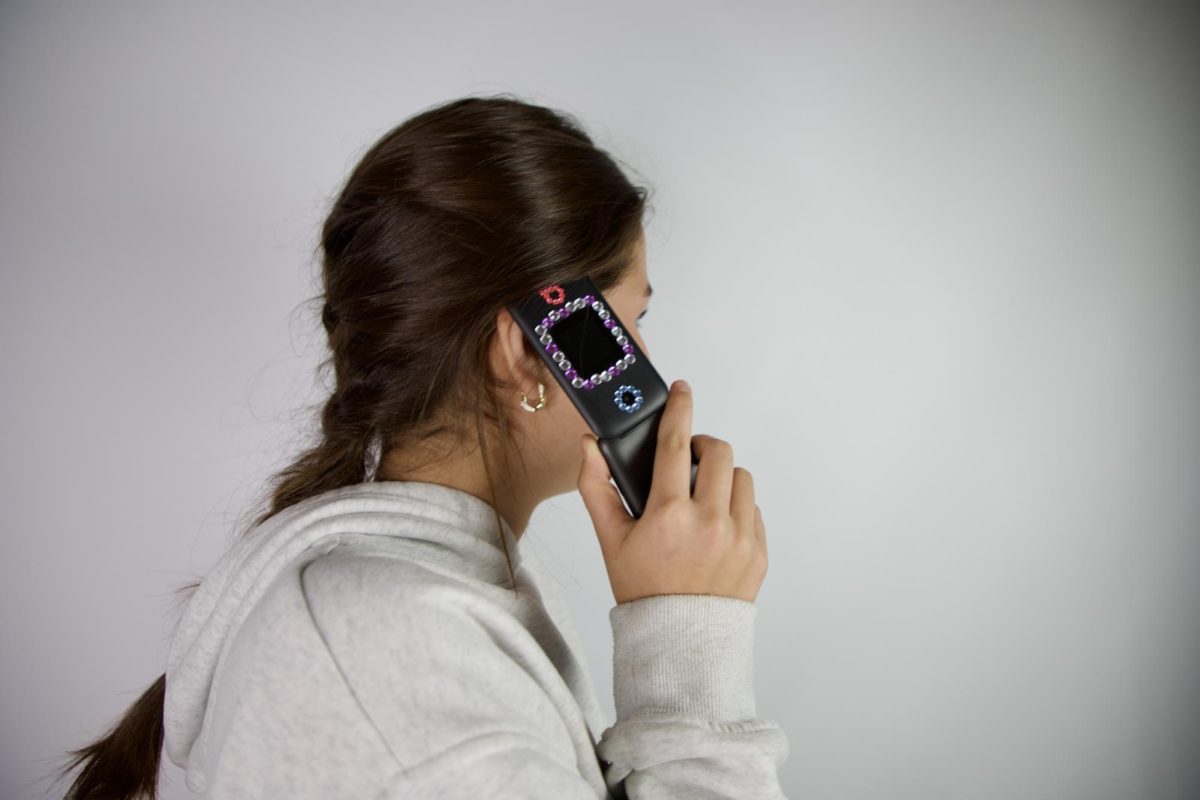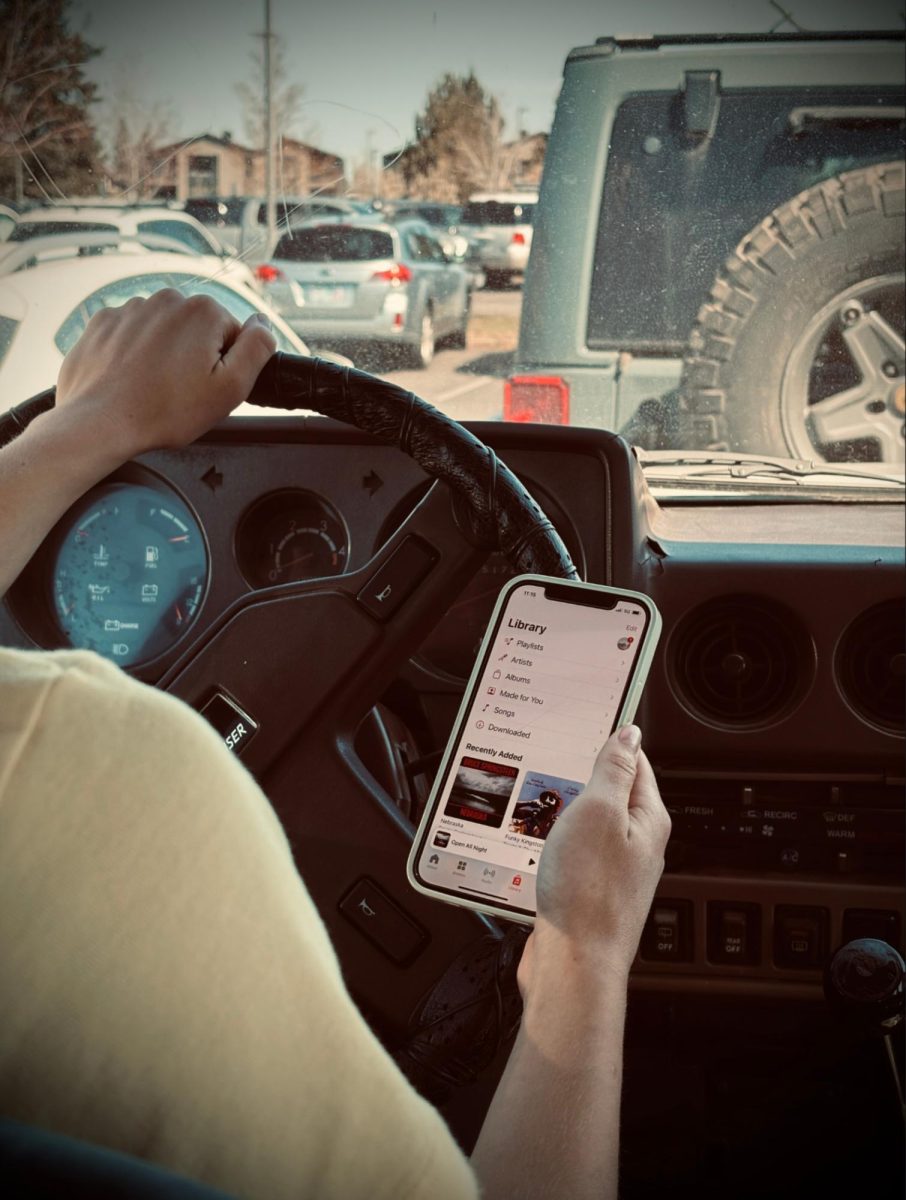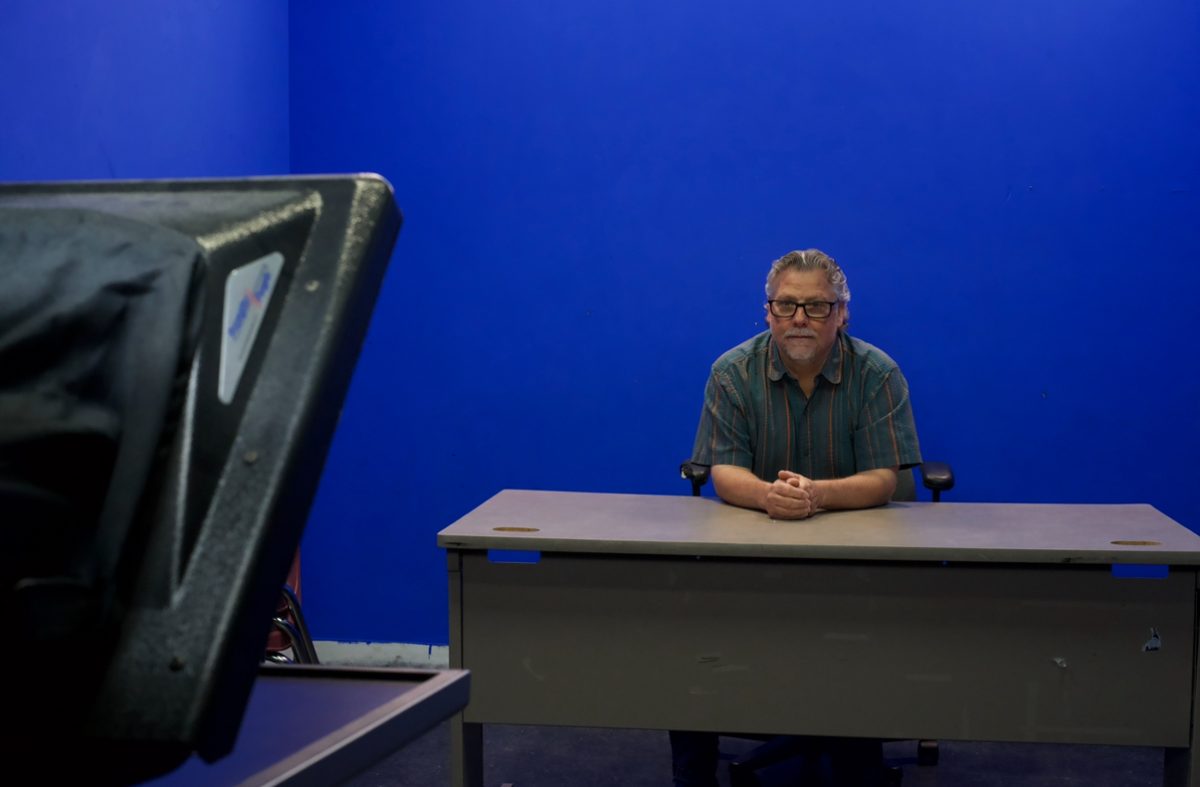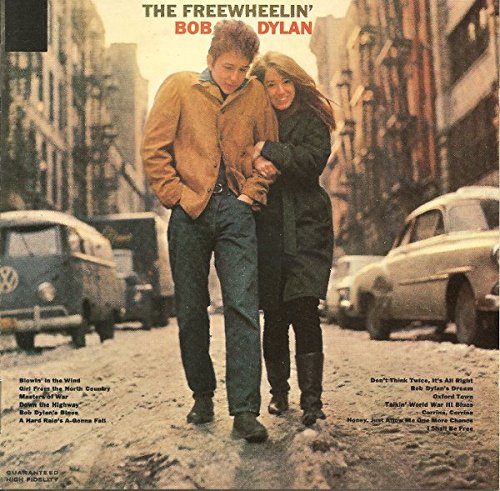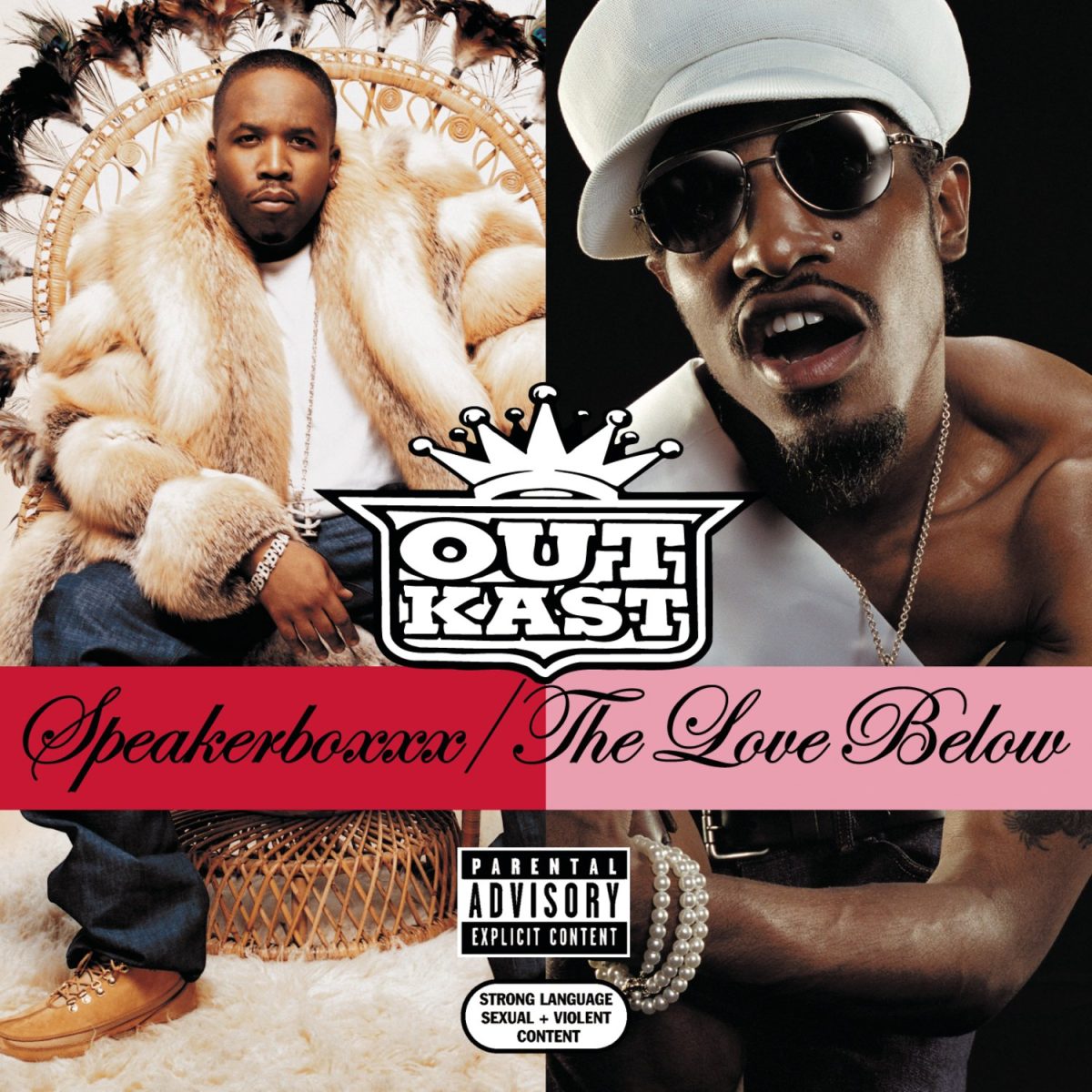Life 360: Big Brother Is Watching
As new tracking app Life360 grows into popularity, the cheap thrills of adolescence are being threatened by increase of consequence. Chris Hulls and Alex Haro founded Life360, a
mobile tracking app, in 2008. Hulls strived to create a mobile accessible version of the United States government’s
Ready.gov initiative, a National public service campaign that allows people to locate family members in the event of a natural disaster. Life360 was originally catered to families desiring simple communication, but the app has provoked the argument of whether tracking apps ensure safety or invade privacy.
“It’s upsetting when my parents track me because it shows that they have a lack
of trust in me,” junior Jack Fassett said. “I just figure that if you have a solid relationship
with your parents they wouldn’t feel the need to track you.”
Other tracking apps such as Find My Friends and the “send my location” feature on iMessage
provides location updates of participating members. In contrast, Life360 allows access to location
history, at home arrival times, speedometer checks and even cell phone battery percentage. These
features threaten the checks and balances of adolescent behavior.
“When our parents were teenagers they simply left the house in the morning and returned home at
night, their parents had no way of knowing where they were and it worked out just fine,” Fassett said. “My parents always know where I am and sometimes that feels unnecessary.”
While the main objective of the app is safety, constant surveillance has induced the opposite reaction: risk behavior. In a desperate effort to avoid consequence, teens have resorted to perilous methods of otherwise harmless teenage antics.
The invasion of trust by parents has a direct correlation with conflict at home according to Lisa Damour in her article for The New York Times.“Teenagers who resent being trailed digitally sometimes disable location features, take pains to ‘spoof’ their GPS, or leave their phones at a friends’ house to throw parents of their scent,” said Damour. Under such circumstances, if something were to go wrong, the absence of a cell phone could result in an on-going list of consequences.
“When I was in high school, I used to leave my phone under my pillow when I snuck out so that my mom didn’t catch me which is totally dangerous and completely defeats the whole purpose of the app,” California Polytechnic State University college freshman Tatum Elshire said. “Now that I’m in college, I don’t have to worry about sneaking around and I feel safer because of it.”
This extent of surveillance not only threatens safety, it severely damages parent-child trust and dependability. Adolescence is most certainly a journey through uncharted waters and one must learn to float before they can swim. In this analogical scheme, parents are the buoy to cling to when the water gets rough. But when the buoy is torn away in the storm will the dependent float or drown?
“As a psychologist, I also worry that location tracking can confuse the question of who is mainly responsible for the safety of the roaming adolescent — the parent or the teenager?” Damour said. In parallel to this confusion of authority, teens have expressed frustration towards the element of trust that Life360 invades. “My mom constantly tracking me put a lot of stress and tension on our relationship, it made me feel like she didn’t trust that I was capable of independence,” Elshire said.
However, the topic of the use of tracking apps as a parenting strategy has brought forth a compelling opposing perspective. Is the app Life360 itself responsible for encroachment of privacy and trust or is this component caused by how the parent chooses to use the app? While some parents have been prone to abuse the most invasive features of the app, others are simply searching for simpler means of communication.
“Life360 is just another method to stay in touch. I put a lot of trust in my kids and I don’t feel the need to track them all the time,” said Suzanne Gutierrez, mother of Fassett. “Teenagers are bound to make mistakes, so micromanaging them is simply a waste of time, I just want to make sure my kids are safe.”
Life360 has gained distinct reputation as the ‘helicopter parent app’ due to its more invasive features (such as location history and driving speed). However, parents like Gutierrez who either do not have access to iPhone catered tracking apps or merely prefer the simplistic operative functions of Life360, should not be subjected to this harsh label.
“I don’t even use all of the features, I just look at my kids location,” said Gutierrez. “I actually found out about the other features on accident and have only used them once or twice since.”
Under these circumstances of parental leniency, the labels surrounding parents who use tracking apps seem unfair. Advances in technology have completely redefined concepts of parenting. Skepticism around these modern methods has prompted stigmatism towards parents who track their kids.












